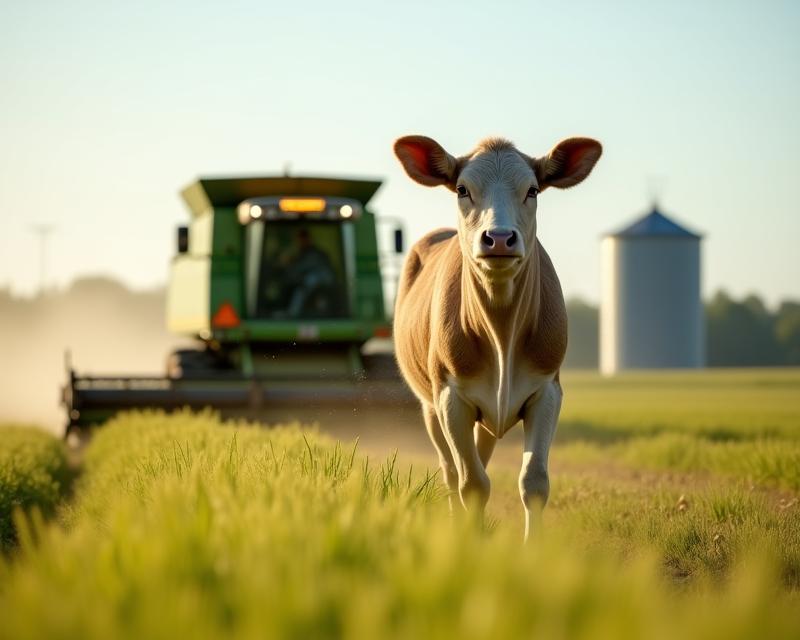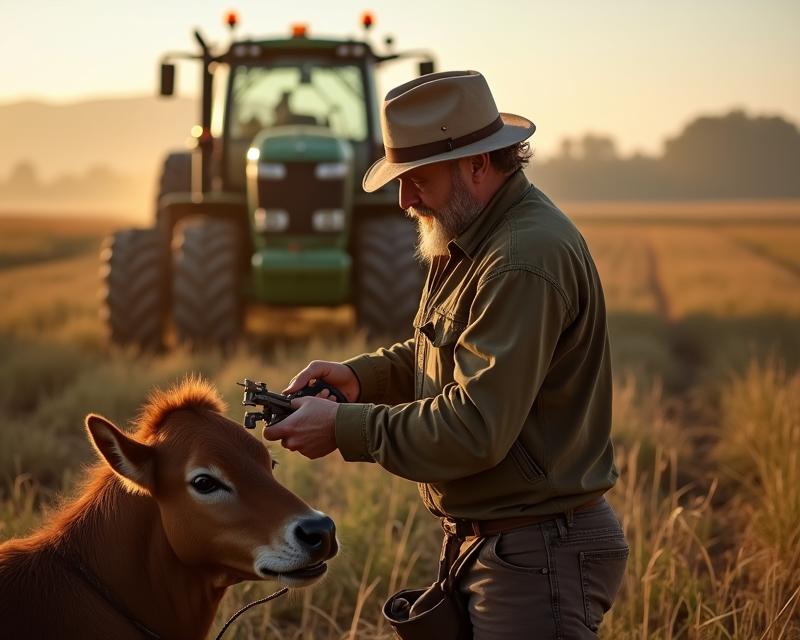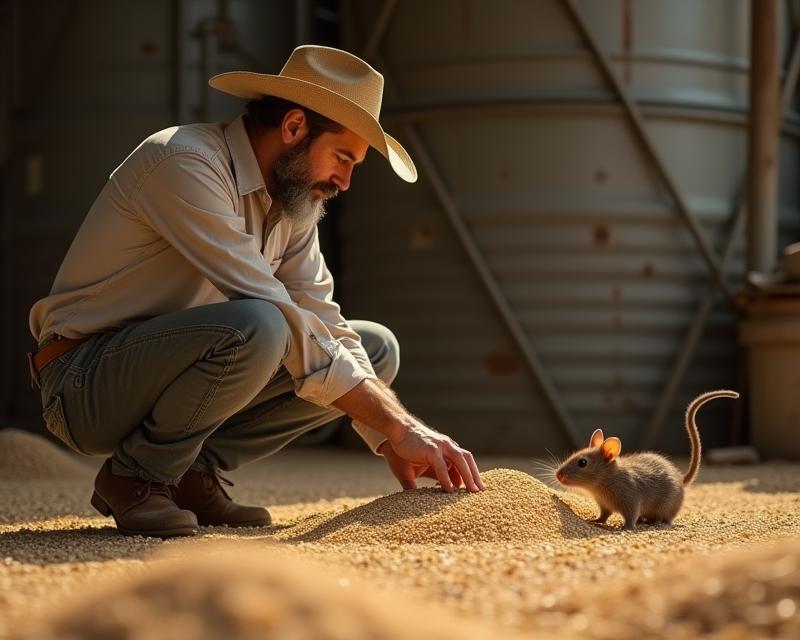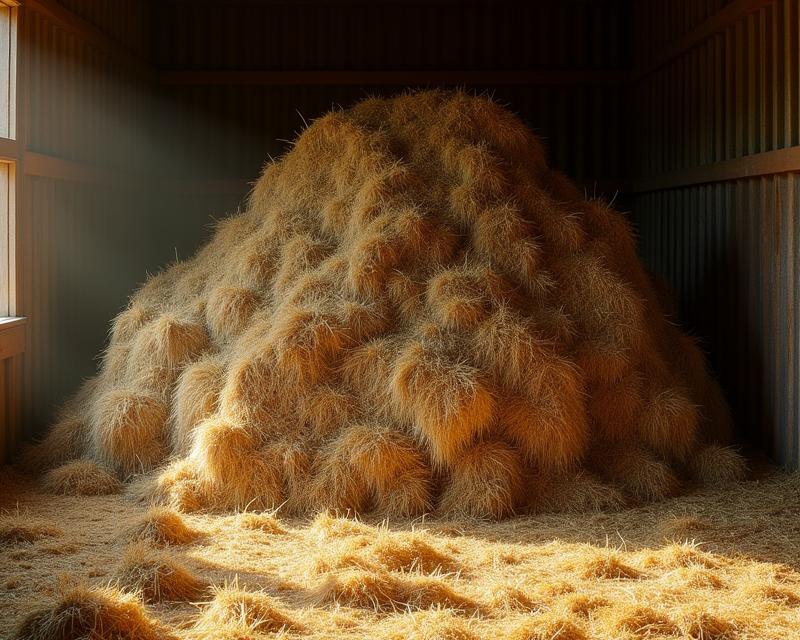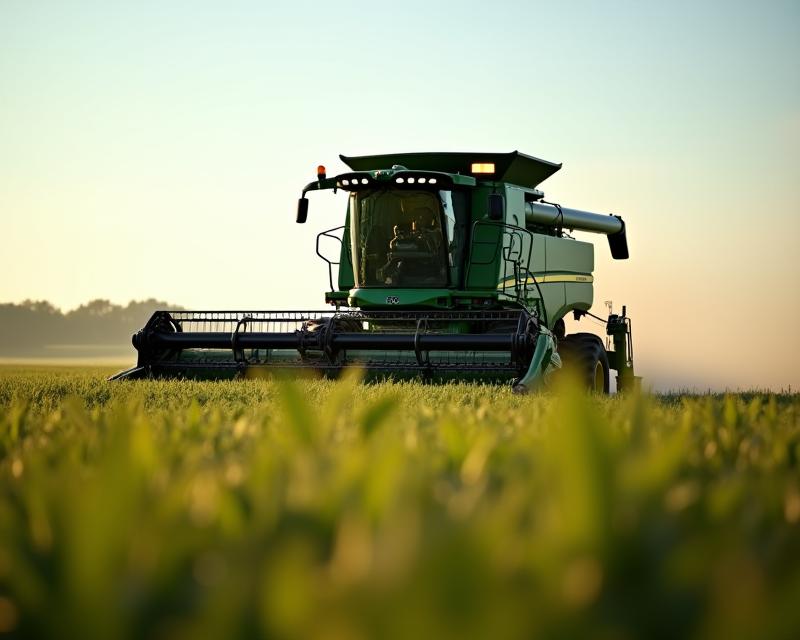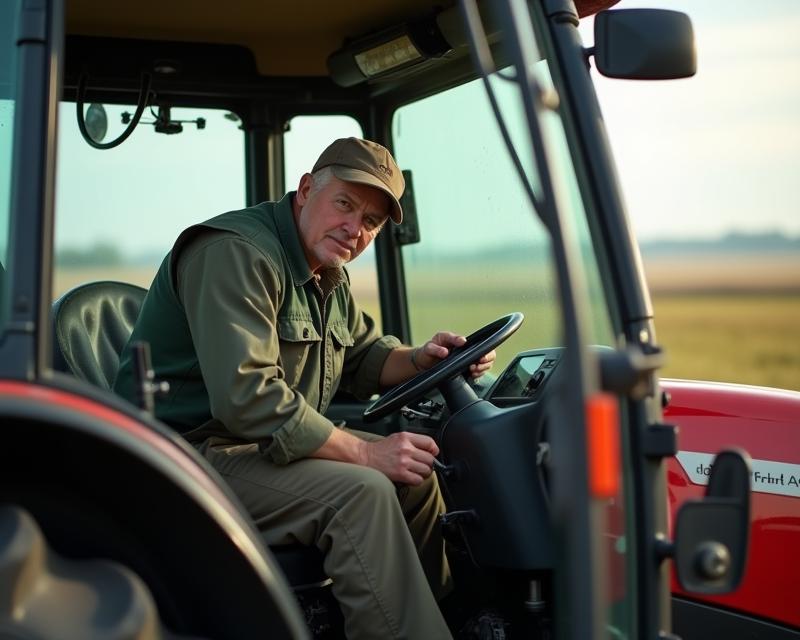Fencing: Protecting Your Farm
Publish in Farm el 28/06/2025 22:31
The Importance of Fencing on the Farm
Fencing is a cornerstone of successful farming, playing a vital role in protecting both your valuable crops and livestock. It's often an overlooked aspect of farm management, but a well-maintained fence can prevent significant losses and ensure the overall health and productivity of your operation. Whether you're raising cattle, sheep, poultry, or cultivating fields of vegetables, a robust fencing system is an essential investment.
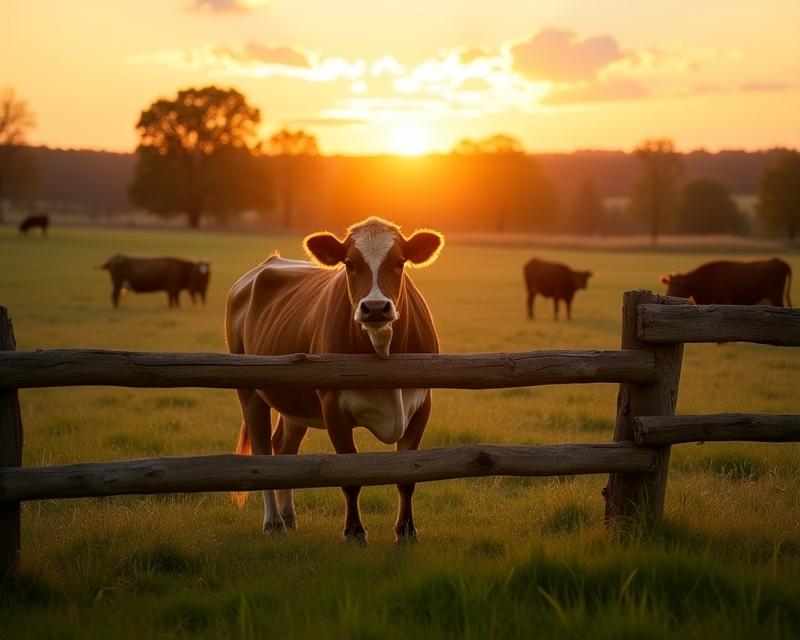
Protecting Livestock
For livestock farmers, fencing is paramount. It keeps animals contained within designated pastures, preventing them from wandering onto roads, neighboring properties, or into potentially dangerous areas. Proper fencing also safeguards livestock from predators like coyotes, wolves, and even bears, depending on your location. Different types of fencing are suited for different animals; for example, electric fencing is a popular choice for containing cattle, while woven wire fencing is effective for sheep and goats. Regular inspections and repairs are crucial to ensure the fence remains secure and effective at deterring escapes and predators.
Crop Protection
Fencing isn't just for animals; it's equally important for protecting crops. Deer, rabbits, deer, and other wildlife can wreak havoc on a harvest, consuming valuable produce and causing significant financial losses. A fence acts as a physical barrier, preventing these animals from accessing your fields. The height and construction of the fence should be appropriate for the specific pests you're dealing with. Consider using taller fences or adding electric strands to deter persistent critters. Fencing can also help to create windbreaks, protecting delicate crops from harsh weather conditions.
Choosing the Right Fence
Selecting the right type of fence depends on several factors, including the type of animals you're managing, the terrain of your land, and your budget. Common options include barbed wire, woven wire, electric fencing, and post and rail fences. Barbed wire is a cost-effective option for containing livestock, while woven wire offers a more secure barrier. Electric fencing is a highly effective deterrent and can be relatively inexpensive to install. Regular maintenance, including checking for broken wires, loose posts, and damaged gates, is essential to ensure the fence remains in good working order and provides optimal protection for your farm.
